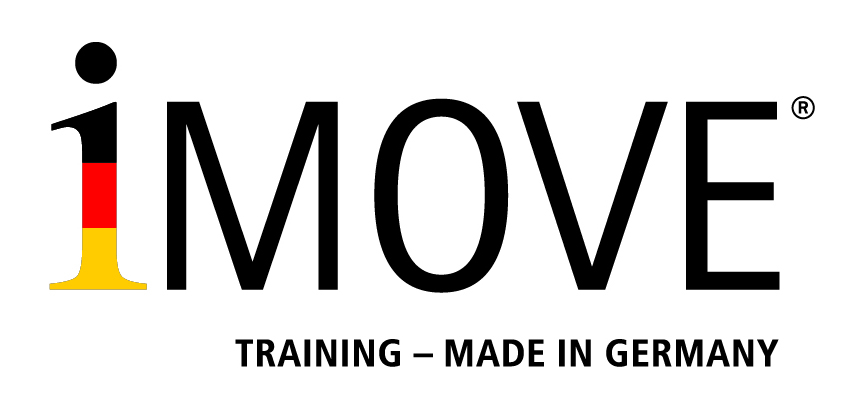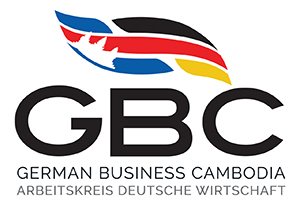- Posted on: February 26, 2017

“Training – Made in Germany”, which combines school-based and company-based learning, enjoys an excellent reputation in Asia and is ASEAN’s (Association of South-East Asian Nations) preferred response to the shortage of skilled workers. Asian partners are increasing seeking cooperation with German training exporters in order to raise the practical and labour market orientation of their own training. We present an article on this subject from iMOVE, an initiative of the German Federal Ministry of Education and Research.
The ASEAN Economic Community (AEC), a single market between the ASEAN member states of Brunei, Indonesia, Cambodia, Laos, Malaysia, Myanmar, the Philippines, Singapore, Thailand and Vietnam, came into force at the end of 2015. More than 620 million people in this community of nations now enjoy a high degree of personal freedom of movement.
The AEC will also exert effects on the labor market and on educational systems. In future, skilled workers and “young professionals” will easily be able to determine where they wish to use their talents. All ASEAN members are aware of the huge need for training and qualifications measures for their indigenous populations. An effective training system strengthens a country’s own international competitiveness as well as constituting an important location factor for investors from abroad.
German companies in particular, which manufacture technically sophisticated products abroad, are especially reliant on well-qualified local skilled staff for the field of after-sales services. The ASEAN states have recognized that vocational education and training represents a major economic factor and that investments in this area are indispensable. They have already initiated reforms with regard to aspects such as mutual recognition of qualifications and the creation of capacities for the training of teaching staff.
Vocational education and training only the second option in the ASEAN Region?
Major hurdles still need to be overcome in order to enable vocational education and training (VET) to be established as an equal system alongside academic training. Even though modernized VET institutions award credits and certificates, a social stigma is still attached to vocational education and training.
Many families view it as a “second class” refuge for those who have failed to make it to university. Educational policy, which has placed the main emphasis on academic training over the past decades, is not the least of the factors which has contributed to this public impression.
A further problem is the low level of participation by trade and industry. The vocational education and training systems in the ASEAN Region are largely under state control. There is typically a top-down process in place with little involvement on the part of the private sector. Systematic forms of participation that would produce practical initial and continuing training aligned towards requirements are absent.
An associated factor is that existing vocational schools and institutes are not sufficiently practice-oriented in most cases. School leavers are not trained in line with the requirements of the labour market and are therefore not able to find employment.
Germany as a model?
The Organisation for Economic Co-operation and Development (OECD) attests that the German vocational education and training system is particularly successful in terms of facilitating the transition from school to working life. This is particularly attributable to the German system of initial and continuing training. In terms of numbers, this success is reflected in a comparatively high rate of youth employment.
More and more Asian countries are seeking to link company-based and school-based learning to secure initial and continuing training provided by qualified staff with a high degree of methodological and social competence and thus strengthen their innovative power and competitiveness.
German-Southeast Asian education and training cooperation
German industrial companies with activities in the ASEAN states are increasingly becoming involved in order to cover their own skilled worker requirements. However, German education and training providers are also already cooperating successfully with local partners. The spectrum of services offered by these providers includes provision within the area of initial and continuing vocational education and training.
The providers are essentially pursuing a dual approach. Work-based learning is linked with theoretical instruction. Train-the-trainer programmes are also in demand for teaching staff at VET institutions who have primarily undergone academic training. This enables them to act as multipliers and also to compensate for a lack of practical experience via tailored courses. There is a further need for concepts relating to curriculum development, the equipping of training centres and practice-oriented teaching and learning material.
In addition, some companies and consortia are able to offer operator models. VET institutions in the ASEAN states are aligned to German models such as Universities of Applied Sciences and dual training. Internationally recognised qualifications and certificates are particularly important for the mobility of those completing training. Within this context, permeability between vocational training and higher education is gaining in significance.
There is still considerable potential for development in (consortium-based) cooperation between industry and the educational sector. Only a few industrial companies have thus far linked export of goods with an appropriate training concept for customers. Major industrial companies with their own training departments are able to develop in-house concepts. Small and medium-sized enterprises have the opportunity to submit a combined bid together with a German training provider.
iMOVE as a network platform
ASEAN has embarked upon the right course in placing the focus on vocational education and training. Germany is an important economic partner, and concepts that are “Made in Germany” are also in demand in VET.
The Federal Ministry of Education and Research (BMBF) launched the iMOVE Initiative (International Marketing of Vocational Education) in 2001 in order to provide a network platform to react to international interest in German initial and continuing training services.
The aims of iMOVE are to drive forward the internationalisation of vocational education and training from Germany and to create long-term awareness of the benefits of cooperating with German partners in this area on foreign markets. iMOVE provides a joint contact partner both for German providers and for potential foreign consumers of education and training services.
iMOVE supports German education and training providers and their international partners by offering market studies, seminars, workshops, trade missions, trade fair participations and a comprehensive multilingual online presence which includes a provider database and a B2B marketplace.
South-East Asia is one of the most important future markets for “Training – Made in Germany”. In 2017, iMOVE and the German Asia-Pacific Business Association (OAV) are planning to host a joint educational forum in order to provide training experts from the fields of trade and industry, academic research and policy with a discussion platform which they can use to network on the latest developments, projects and requirements of the branch and of the countries.
Written by Hans-Gerhard Reh. For further information about matchmaking between international and German partners in vocational training and further education, please visit http://www.imove-germany.de/cps/rde/xchg/imove_projekt_international/hs.xsl/index.htm?rdeLocaleAttr=en.
This article was published in German in: insight asia pacific 02/2016, German Asia-Pacific Business Association.
